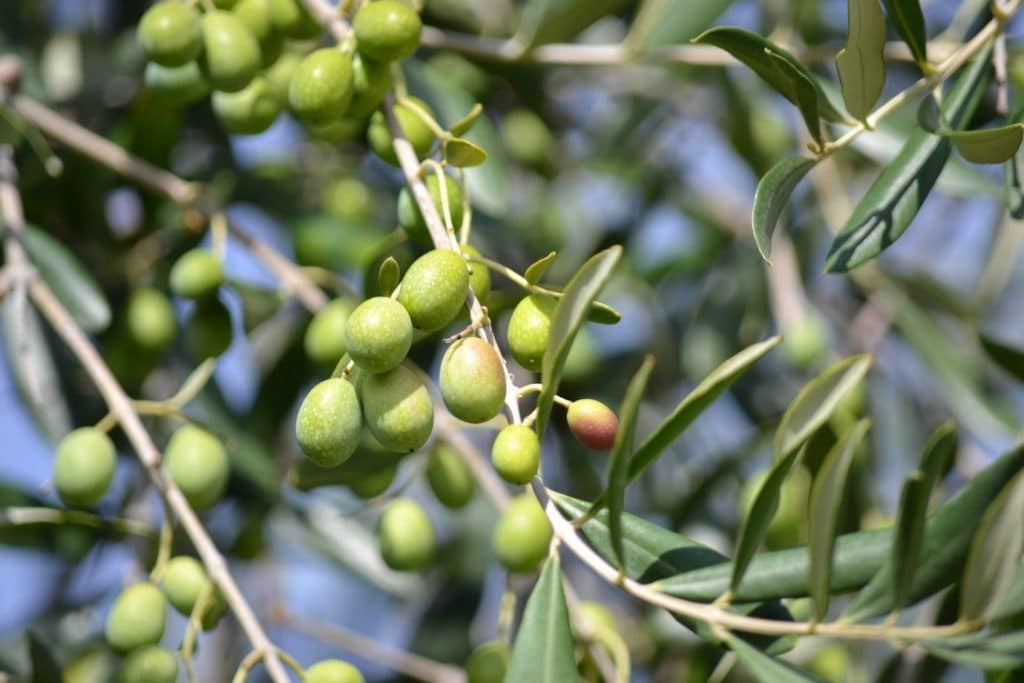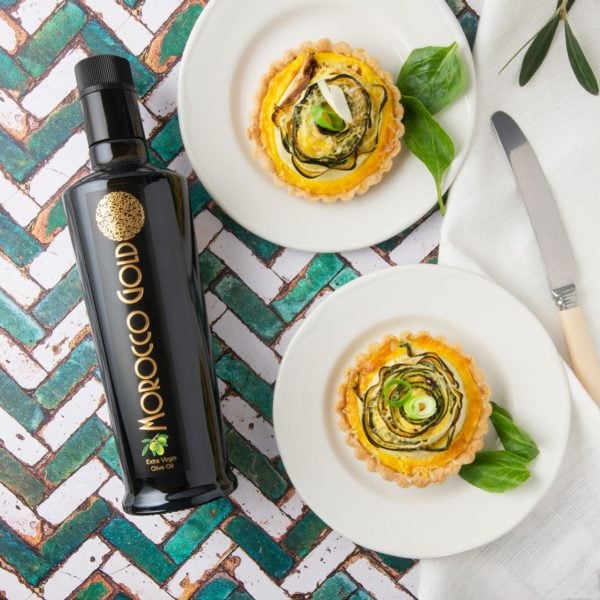The health benefits of extra virgin olive oil are becoming more and more well known. The ever-growing list of health benefits from extra virgin olive oil will be explored in a Yale sponsored symposium this December

The potential of olive oil – in particular high quality extra virgin olive oil such as Morocco Gold – to reduce risk factors associated with conditions including heart disease and high ldl cholesterol will be discussed at the Spanish event, hosted by the Yale School of Public Health.
The annual international symposium on olive oil and health will bring together leading experts to examine the potential and impact of olive oil production on our health, wellbeing and environment. As reported by Yale School of Public Health, this year’s symposium will address a variety of themes central to olive cultivation and the future of olive oil, both in human and planetary health. They include:
- Recent findings about health advances associated with olive oil.
- How climate change is affecting olive groves and how olive agriculture can positively affect the climate.
- Successful olive oil marketing and business models.
Each program session will conclude with a roundtable discussion and a Q&A. The symposium will also feature an olive oil tasting and a guided tour of olive groves.
Event Will Ask Why – Exactly – Olive Oil Is Good For You.

We at Morocco Gold will follow the event’s discussion topics closely. Our cold pressed, extra virgin olive oil provides an excellent source of monounsaturated fatty acids and antioxidant compounds to help you look after your wellbeing.
We are also committed to supporting sustainability in the cultivation of our olive groves – one of the topics which will be explored at the annual event.
Morocco Gold exemplifies natural, sustainable agricultural methods. It combines centuries of local cultivation and harvesting knowledge, with our rigorous traceability and quality assurance procedures to bring what is locally considered a ‘noble food’ to international markets.
Uniquely, the results of our annual harvest analysis are printed on each and every bottle of Morocco Gold.
The symposium will run from December 9 to 12 in Jaen, a city in the province of Andalusia, the heart of Spain’s olive oil belt and an area under consideration as a UNESCO World Heritage site for a grove known as the Mar de Olivos, or “Sea of Olives.”
Organized by Vasilis Vasiliou, Ph.D., the Susan Dwight Bliss Professor of Epidemiology and the chair of the Yale School of Public Health’s Department of Environmental Health Sciences, and Tassos C. Kyriakides, Ph.D., a Yale Center for Analytical Sciences (biostatistics) faculty member, the symposium will bring together academics, business leaders, farmers and national and regional policymakers to discuss the still-untapped potential of the olive tree and its products, in particular olive oil.
“I grew up with olive oil and have seen its benefits firsthand. Mediterranean nutrition has been recognized for years as the healthiest in the world, and its cornerstone is olive oil,” he said. “I want to help establish Yale’s and its School of Public Health’s collaborative leadership in this important area.”
The Yale School of Public Health is seeking to launch the Yale Institute for Olive Sciences and Health, which would be devoted to the scientific exploration of the olive tree, its products and their derivatives, and ways to further integrate the fruit and its products into peoples’ nutrition. The institute would also focus on planetary health issues, including sustainability, circular economy models and climate change.
Meanwhile, Kyriakides, an olive oil sommelier, not only constantly tastes oils from all over the world, he consumes copious amounts of olive oil daily in his cooking in addition to his daily morning extra virgin olive oil shot.
“It works for me, and it is absolutely delicious and healthfully nutritious,” he said. “The olive tree and olive oil have been connecting people for thousands of years; it is our responsibility as public health professionals to ensure the benefits that this superfood can effect on human health are shared with those we connect with.”
Evidence from the past 50 years strongly suggests that olive oil promotes good health, Kyriakides said. A daily intake of 20 grams of olive oil (about two tablespoons) that includes a certain amount of a particular polyphenol (at least 5 mg of hydroxytyrosol and its derivatives) carries a health claim, approved by the European Food Safety Agency and the U.S. Food and Drug Administration, that relates to the protection of blood lipids from oxidative stress.
To learn more about this year’s symposium, visit its website.
